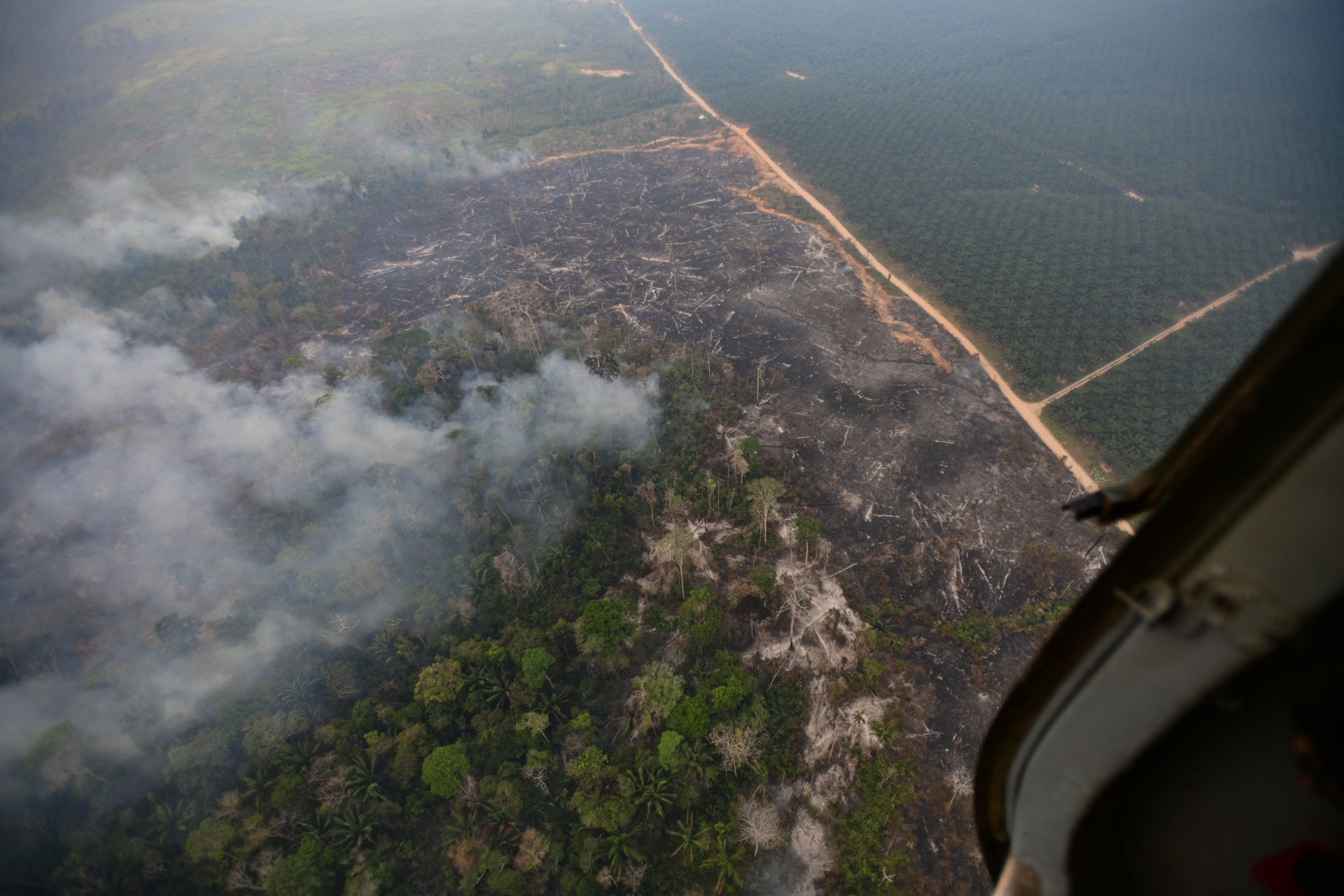Yesterday
•
reading time 2 minutes
1584 observed times
•
save
Without nature, the burning of fossil fuels would have led to much higher temperatures on earth. Forests and oceans remove carbon dioxide from the atmosphere, thus limiting global warming. But last year these natural carbon sinks went down, Meldt The Guardian.
according to researchers trees, plants and the soil absorbed much less CO2 last year than before. With last year’s heat, terrestrial ecosystems were less able to mitigate climate change.
It is a phenomenon that has not been given enough attention in most climate models. If the problems continue, this could mean that global warming will proceed faster than currently expected.
The increase in greenhouse gas emissions in recent decades has been accompanied by an increased storage of CO2 by nature – although not enough to completely reduce global warming. The concern now is that the natural absorption capacity is decreasing. For example, due to higher temperatures, the Amazon is experiencing an unprecedented drought. Therefore the ability to store carbon dioxide decreases.
The biggest concerns are about the oceans, which account for 90 percent of carbon storage. Rising water temperatures reduce their ability to act as a carbon sink, evident from various studies.
“According to the models, both sinks on land and sinks in the oceans will become smaller as a result of climate change,” Professor Andrew Watson explains to the Guardian. “But the question now is how soon that will happen. According to the models, this will happen very slowly in the coming century. But it can also go much faster.”
2024-10-14 15:58:00
#Trees #absorb #CO2 #climate #models #account #Joop #BNNVARA


